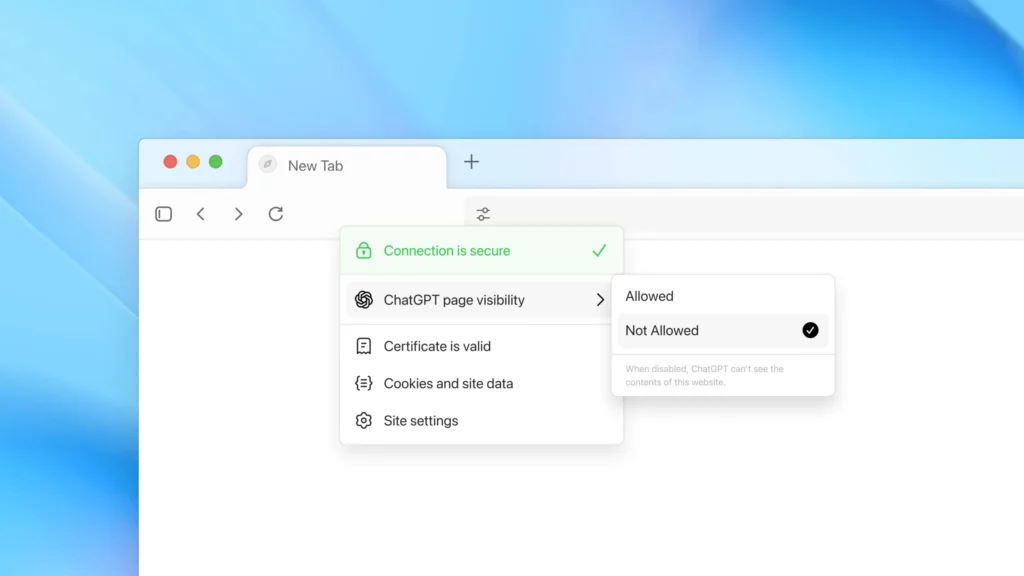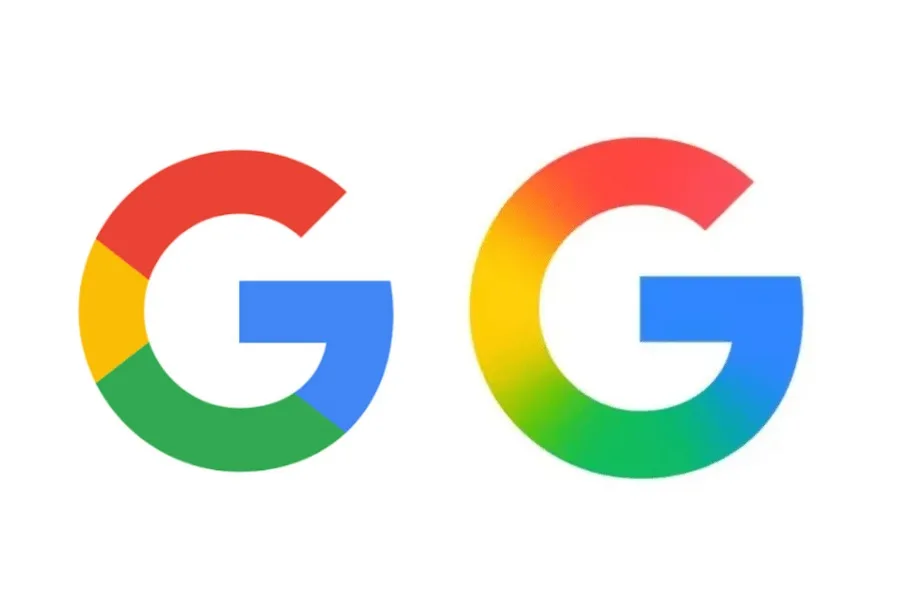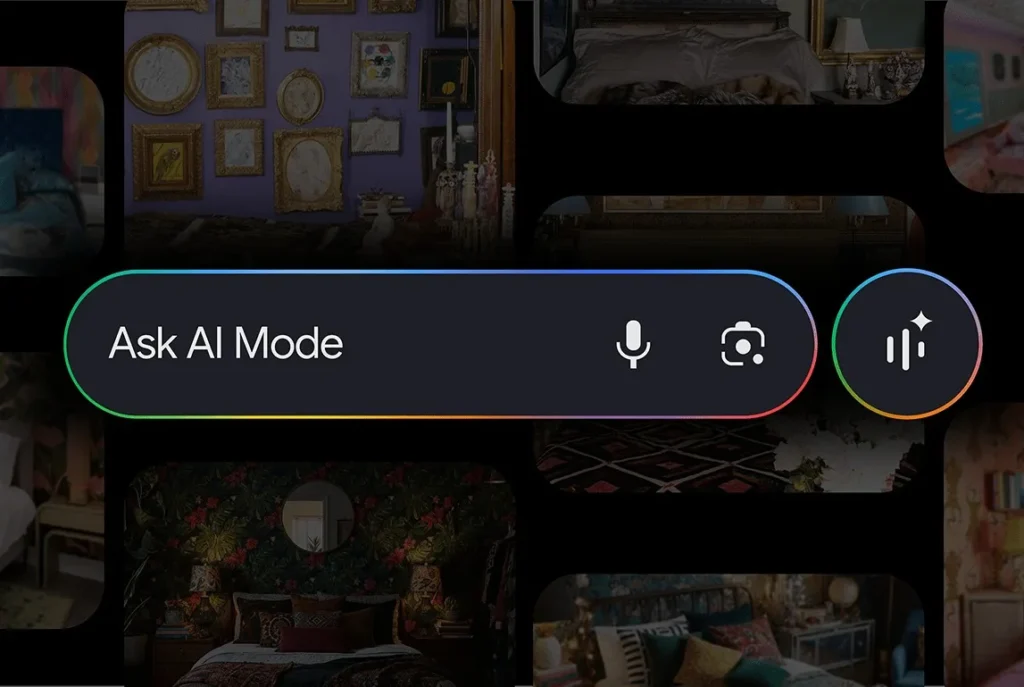The Era of AI Browsers: When the Web Becomes an Assistant
The world of web browsing is undergoing a significant transformation. A new generation of AI-powered browsers, such as Comet, Dia, and ChatGPT Atlas, is redefining how we interact with the Internet.
These tools promise to automate the most complex tasks — from synthesizing web pages to intelligent contextual searching — but they also raise new issues regarding privacy, reliability, and cognitive dependence.
AI Browsers Have Become Assistants
This evolution represents a pivotal change: where traditional browsers served merely as gateways to information, AI browsers now function as true active assistants, capable of anticipating user needs and executing commands on the fly.
The industry giants are quickly adapting:
- Google is integrating assisted writing and personalized recommendation features into Chrome.
- Microsoft, with Copilot in Edge, allows direct interaction with AI for summarizing tabs, comparing products, or navigating through natural commands.
These innovations make the browsing experience smoother, but they also amplify concerns regarding the exploitation of personal data and algorithmic biases.
Privacy and Security: The Other Side of the Coin
To function, these browsers collect enormous amounts of data — a risk highlighted by Kahana Blog, which points out that alternatives like Firefox emphasize enhanced tracking protection.
In professional settings, this necessitates increased vigilance: companies must implement strict internal policies to prevent any leakage of sensitive information.
Another danger is misinformation. AI-generated summaries can distort the meaning of original content. In sectors like healthcare or finance, where precision is crucial, human verification remains essential.
Relearning How to Browse in the Age of AI
Adopting these tools requires a new form of digital literacy. It is no longer just about clicking and searching, but about knowing how to formulate effective prompts, evaluate the reliability of responses, and maintain a critical mindset.
Choosing the right AI browser will depend on the context:
- a secure environment for businesses,
- speed of execution for content creators,
- or intelligent personalization for everyday use.
Between Productivity and Dependence
Once accustomed to these intelligent browsers, reverting to traditional browsing feels outdated. However, ease of use should not lead to cognitive dependence: AI should complement human effort, not replace it.
The rise of AI browsers also disrupts the economic model of media. If users content themselves with AI-generated summaries, source websites could see their traffic and advertising revenues decline. A “new browser war” is beginning — this time driven by AI models.
Toward an Enhanced Digital Culture
Understanding these new tools is essential for remaining competitive. Professionals, researchers, and creators will need to develop a proactive digital culture that leverages the benefits of AI without falling into its pitfalls.
In summary, AI browsers pave the way for a more intelligent, responsive, and personalized web — as long as users maintain control over the technology.




